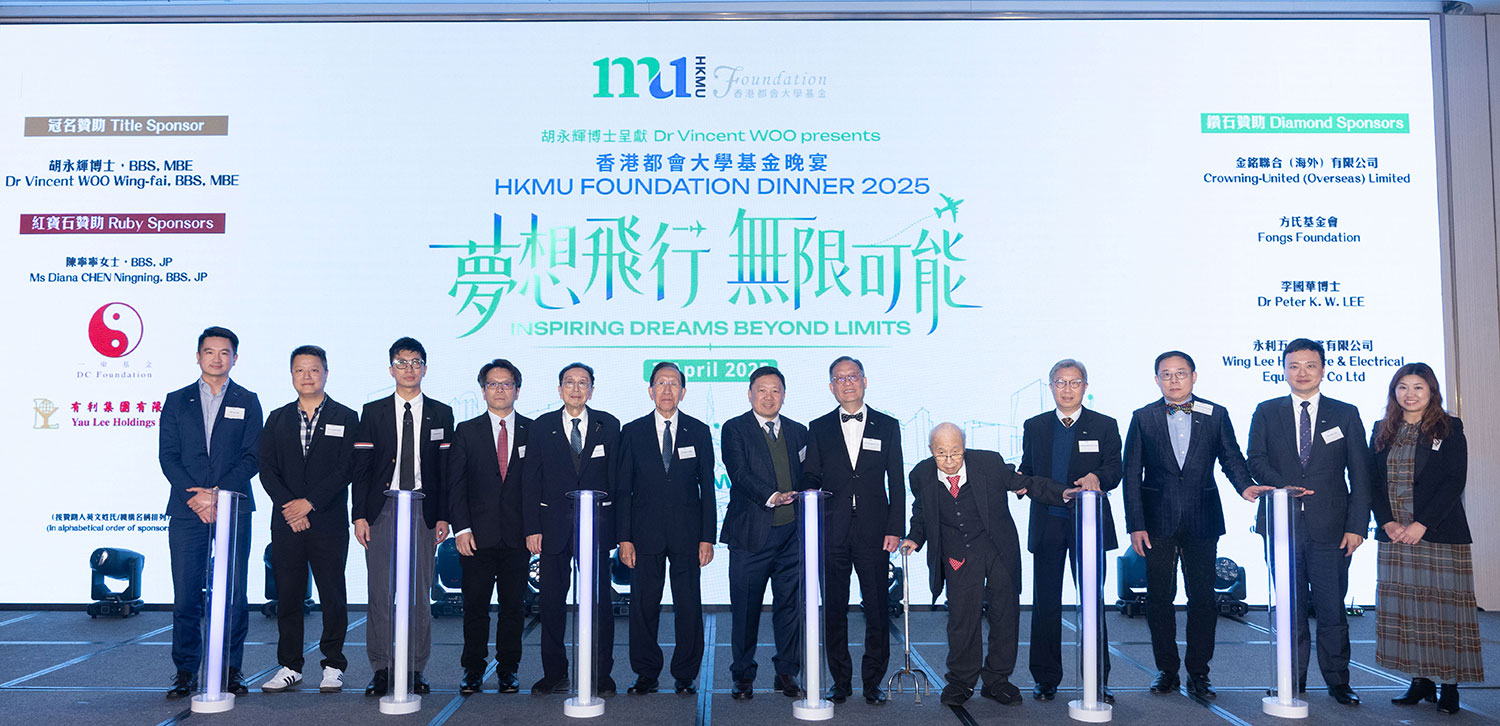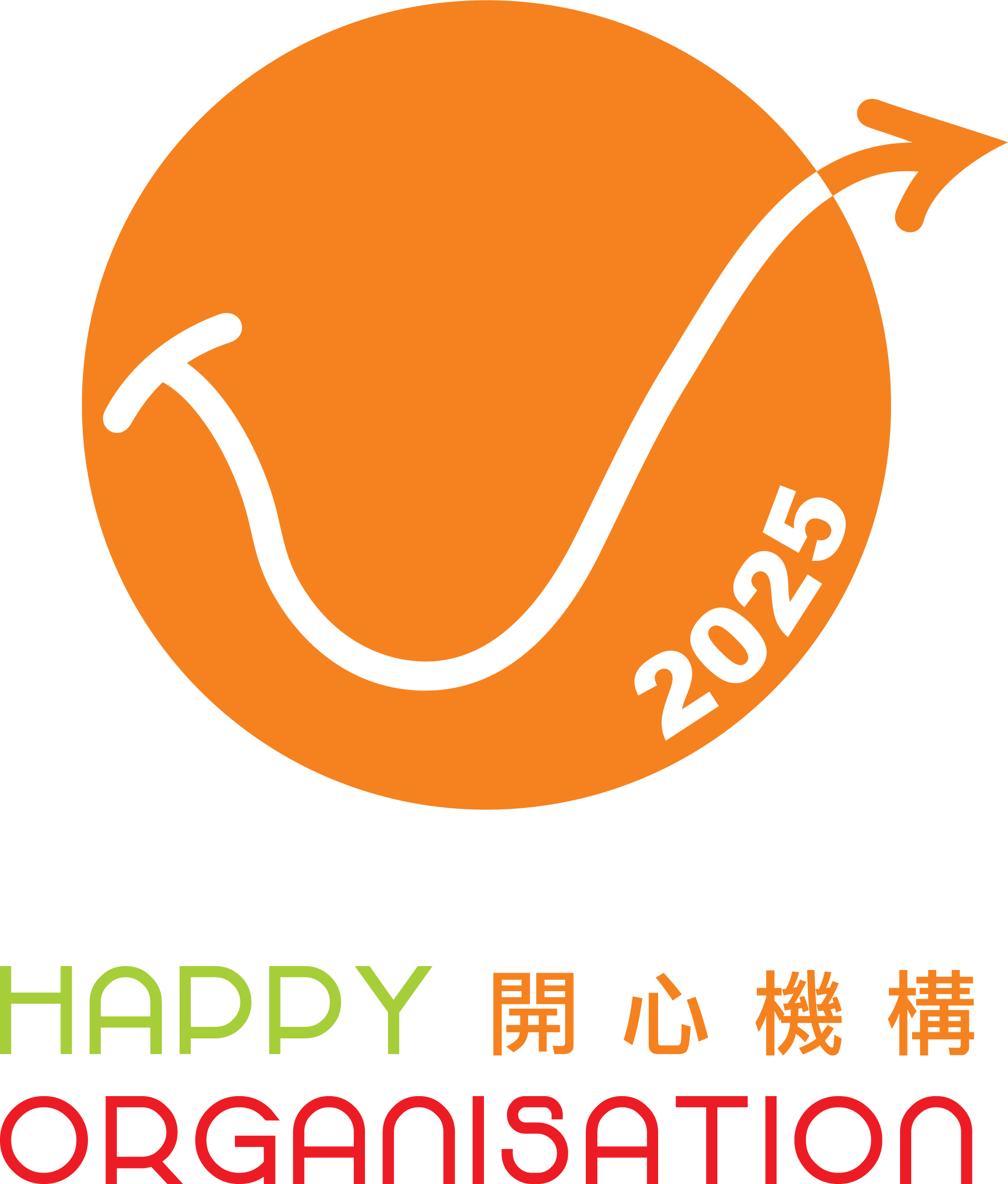Hong Kong Metropolitan University (HKMU) invited Prof. Kenneth Leung Mei-yee, Dean of the School of Energy and Environment and Director of the State Key Laboratory of Marine Pollution at City University of Hong Kong, as guest speaker to share the innovative eco-engineering project for supporting the implementation of eco-shorelines, which he led in developing. Inspired by ecological theories, this invention injects vitality into artificial seawalls and promotes the development of coastal ecosystems.
In his welcome speech, HKMU Council Chairman Ir Dr Conrad Wong Tin-cheung, praised Prof. Leung for his outstanding achievements and contributions in the fields of marine pollution, marine ecology and ecosystem restoration. He pointed out that everyone hopes to create a healthy and sustainable environment for the next generation. While urban development inevitably impacts the environment, appropriate measures must be taken to mitigate these effects, and ecological engineering is a crucial component of this. “Professor Leung and his research team developed “eco-tiles” and other eco-structures, using ecological engineering methods to create a “living shoreline” that is conducive to the proliferation of coastal ecosystems,” he said. “This exemplifies how we can take environmental conservation into consideration while undertaking urban development. We are pleased that HKMU members have participated in this project, and we look forward to collaborating with more institutions in scientific research to contribute to Hong Kong’s sustainable development.”
Prof. Leung pointed out that traditional artificial seawalls have overly flat surfaces, which lack the environmental conditions suitable for marine life to inhabit and grow. Combining ecological principles, his research team designed an innovative brick-like add-on structure that provides shade, water retention and shelter in the seawalls, thus greatly increasing the diversity and complexity of coastal habitats.
“These “eco-tiles” provide an ideal habitat for filter-feeding organisms, algae, invertebrates and fish,” Prof. Leung explained. “Their surface is rough and partially concave, making it easy for organisms to attach themselves to them; and the tile body has water-retention features that can store seawater at low tide, providing temporary shelter for marine organisms. Additionally, gaps between the tiles create cool spaces that help regulate temperature, providing a comfortable place for organisms to reside.”
Prof. Leung and his team have won numerous international accolades with this innovative invention, including the “Special Prize from the Korean Invention Promotion Association” and “Gold Medal with Congratulations of the Jury” at the “48th International Exhibition of Inventions of Geneva”, the Gold Medal at the “Asia International Innovative Invention Awards”, and the Gold Award at the “Hong Kong Green Innovations Awards”, demonstrating the importance of this invention for the conservation of coastal ecosystems.
The “Talk of the Metropolis” series aims to provide a platform for people from all walks of life to be inspired by the views of experts and scholars, thereby having a positive impact on social development. All talks in the series will be broadcast on the University’s “Knowledge for All” programme every Sunday morning on TVB Pearl. To learn more about the public lecture series or watch past videos, please visit https://www.hkmu.edu.hk/pao/talk-of-the-metropolis/.





















